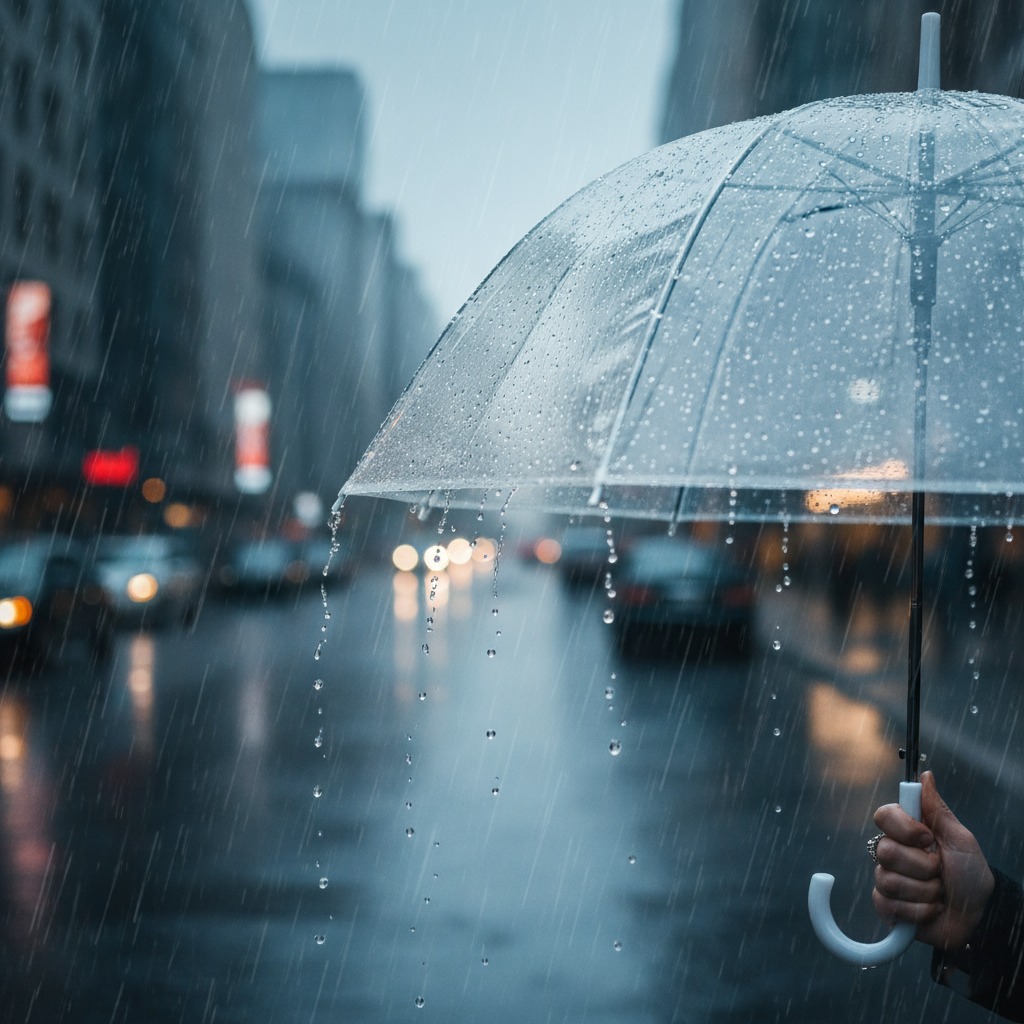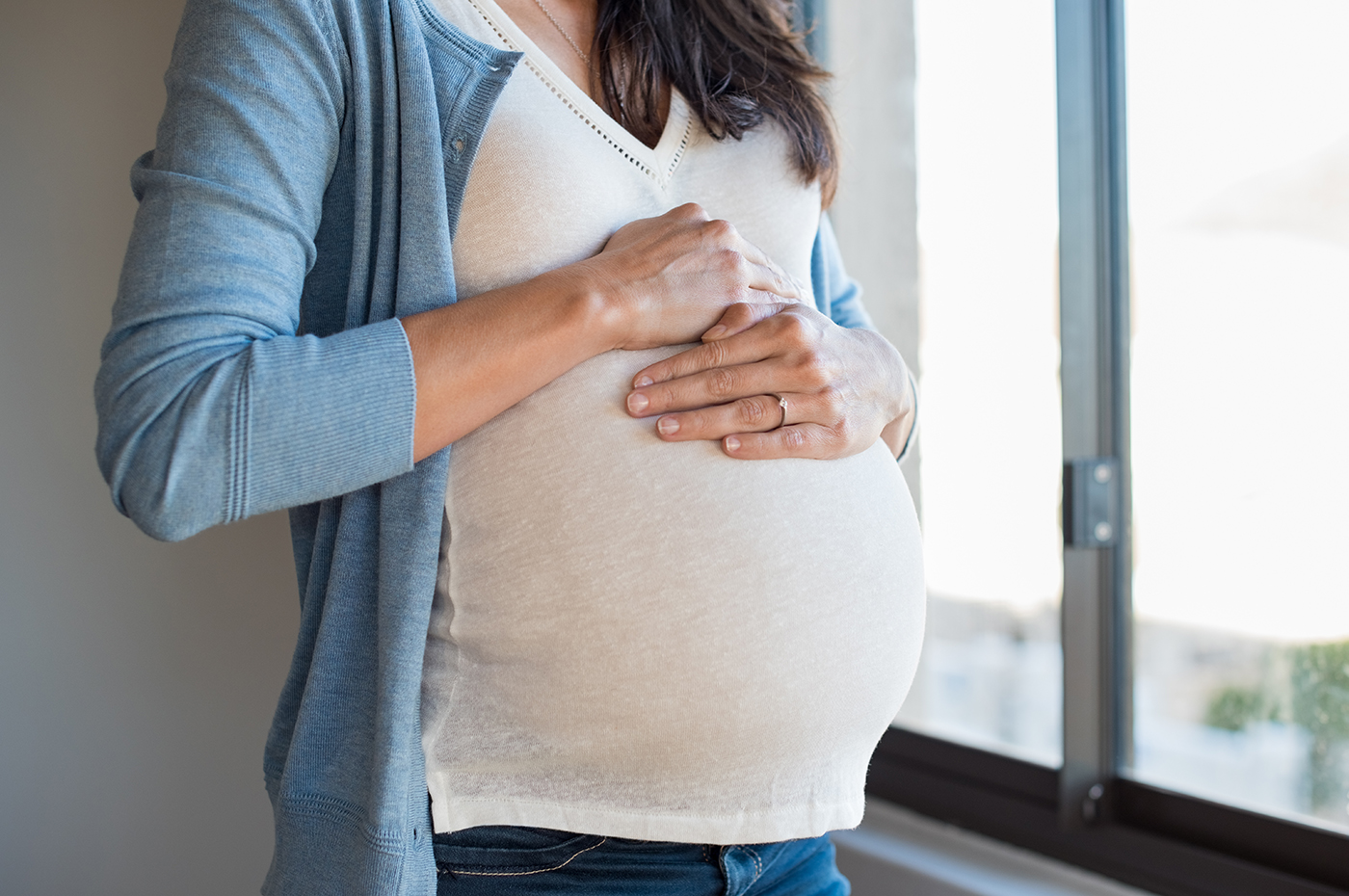Protective Tips for Bangaloreans
The capital city of Karnataka, Bangalore features a tropical savanna climate with distinct wet and dry seasons. While it remains pleasant for most of the year, the monsoon season (June to September) brings heavy rains and a rise in humidity.
Practicing the right monsoon health tips and following safety precautions during the rainy season is key to staying protected. Waterborne diseases, mosquito-borne infections, respiratory issues, and skin problems all become more common during the rains.That is why practicing the right monsoon safety precautions is essential to staying healthy.
This blog by Aarogya Hastha Hospitals highlights common illnesses, explains why Bangaloreans are particularly vulnerable, and shares practical safety precautions during the rainy season to protect you and your family.
Common Health Issues During Monsoon
The monsoon may provide relief from the summer heat, but it also weakens our immune system. The damp environment, sudden weather fluctuations, and lack of proper hygiene practices make people prone to infections.
Some of the most common monsoon health issues include:
- Waterborne diseases such as typhoid, cholera, and diarrhea are caused by contaminated water sources. These conditions may seem minor at first, but can escalate quickly if not treated on time.
- Mosquito-borne illnesses like dengue, chikungunya, and malaria spread rapidly due to stagnant water acting as breeding sites for mosquitoes.
- Respiratory problems such as cold, flu, sinusitis, and asthma attacks. Humidity and sudden temperature changes worsen existing breathing conditions.
- Skin and fungal infections, including athlete’s foot, ringworm, and general rashes, are triggered by damp clothing and sweat.
- Joint pain aggravation, especially in elderly patients, is worsened by the damp, cool weather, which worsens arthritis symptoms.
Why Bangaloreans Are More Vulnerable
Despite its pleasant climate, Bangalore faces unique challenges during the monsoon due to rapid urbanization, high population, and unpredictable weather.
Key reasons include:
- Stagnant water in urban areas: Waterlogging across streets and neighborhoods provides ideal conditions for mosquitoes to multiply.
- Sudden temperature fluctuations: Warm afternoons followed by cool evenings weaken the body’s natural defense system.
- Traffic jams and waterlogging: Long delays in unhygienic conditions expose people to contaminated rainwater and infections.
- High population density: In offices, schools, and public spaces, close contact makes contagious diseases spread faster.
Protective Health Tips for the Monsoon
While the rains cannot be avoided, their impact on health can certainly be reduced. Practicing preventive habits is the best form of protection. Here are some simple but powerful monsoon health tips:
Boost Immunity
- A strong immune system is the body’s best defense against infections. Include fresh fruits and vegetables in your diet, add natural boosters like turmeric and ginger, and eat plenty of Vitamin C-rich foods such as oranges, lemons, and amla.
Stay Hydrated with Clean Water
- Always drink boiled or filtered water to prevent waterborne diseases. Even mild contamination can trigger diarrhea or stomach infections during this season.
Adult Vaccination
- Consult your doctor about vaccines that help prevent seasonal infections. Vaccination is a proactive way of staying one step ahead of common illnesses.
Prevent Infections
- During the monsoon, prevention is far easier than a cure. Small, mindful steps can drastically reduce the chances of falling sick.
- Wash your hands frequently with soap and water, especially before meals and after returning from outside. This simple step prevents countless infections.
- Use mosquito repellents and nets to protect yourself at home and while sleeping. Prevention of mosquito bites is the best way to reduce risk.
- Wear light, breathable clothing that dries quickly. Avoid damp clothes, as they increase the chances of fungal infections.
Pro Tip: Use a gentle soap or handwash to prevent skin irritation
Maintain Hygiene
Personal and environmental hygiene form the backbone of safety precautions during the rainy season.
- Avoid roadside or unhygienic food. Stick to freshly prepared home meals to minimize foodborne infections.
- Keep your surroundings clean by avoiding water stagnation, which prevents mosquito breeding.
- Disinfect frequently touched surfaces like door handles, switches, and tables to stop the spread of germs at home.
Care for Specific Groups
- Some groups are more vulnerable and need extra care during the rains:
- Children: Vaccinations should always be kept up to date. Parents should also ensure kids drink only boiled or filtered water.
- Elderly: They are prone to joint pain and weaker immunity. A healthy diet, mild exercise, and warmth can help ease discomfort.
- Asthma and allergy patients: Damp, moldy areas should be avoided. Keeping inhalers and prescribed medicines nearby ensures safety during emergencies.
When to See a Doctor? Add some image
Most monsoon illnesses are mild and manageable at home, but certain warning signs require immediate medical attention:
- High fever that doesn’t subside with regular medication.
- Persistent cough, chest congestion, or difficulty in breathing.
- Severe stomach pain, vomiting, or continuous diarrhea.
- Sudden rashes or unusual skin infections.
Ignoring these symptoms may worsen the condition, so timely consultation is always advised.
Aarogya Hastha Hospitals’ Speciality in Monsoon Health
At Aarogya Hastha Hospitals, patient care during the monsoon is a top priority. With advanced facilities and expert doctors, the hospital ensures complete health support for individuals and families.
- Comprehensive diagnostics for early detection of monsoon-related illnesses.
- 24/7 emergency services to provide immediate treatment during health crises.
- Preventive health check-up packages are designed for the rainy season.
- Specialist care in general medicine, pediatrics, dermatology, and pulmonology.
For residents looking for trusted hospitals in Kasavanahalli and hospitals in Sarjapur Road, Aarogya Hastha stands as a reliable choice for preventive and emergency care.
Wrap Up: Protect Yourself In Monsoon Season
The monsoon season is refreshing and brings relief from the summer, but it also requires extra vigilance. With the rise of infections, respiratory issues, and skin problems, the best way to stay safe is through monsoon health tips and safety precautions during the rainy season. Practicing hygiene, eating a nutritious diet, and seeking medical care on time make all the difference.
At Aarogya Hastha Hospitals, we are committed to ensuring your health and well-being through expert care, preventive health checks, and round-the-clock emergency services.











